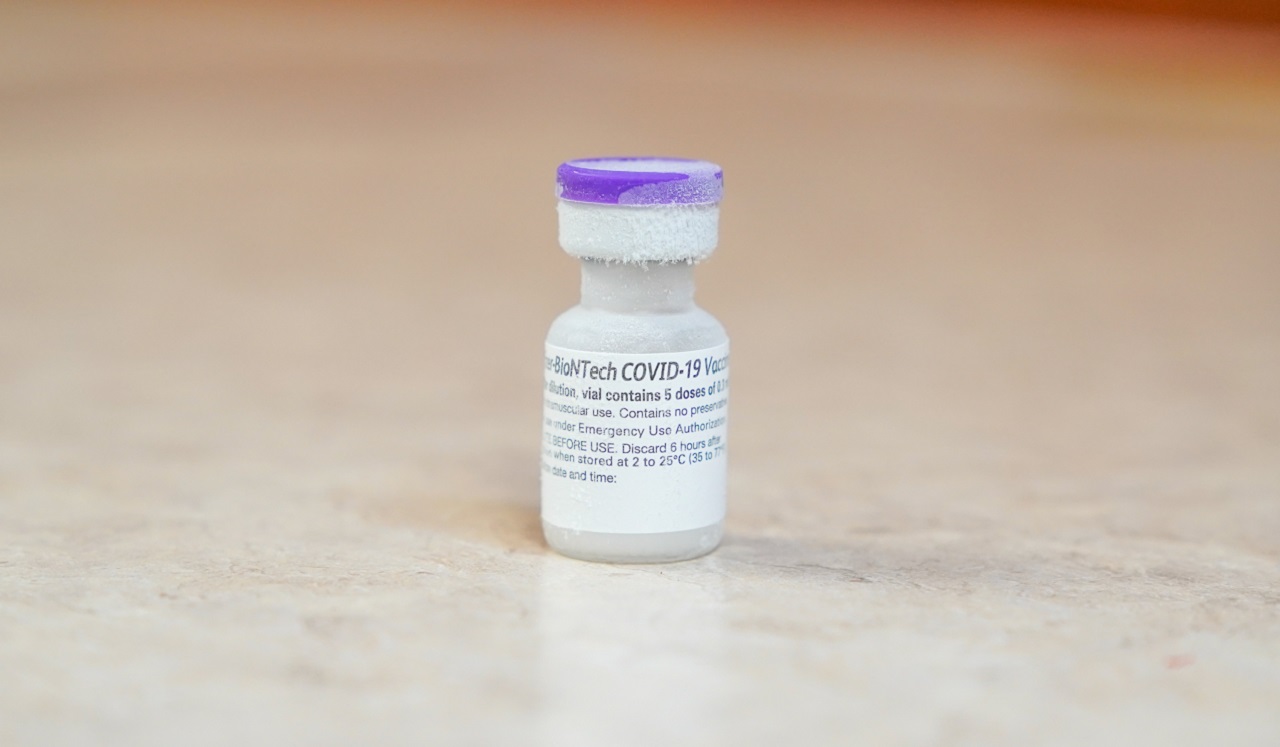February 26, 2021
It’s okay if you feel uncertain about getting a COVID-19 vaccination. It’s only natural to be unsure of something so new.
Yet, you want to return to your pre-pandemic life.
So, what is the real deal on the claims you’ve heard? Read on as we separate fact from fiction.
The COVID-19 vaccine is safe.
Fact. The U.S. vaccine safety rules rely on extensive safety tests and standards, the same as for other vaccines. The U.S. Food and Drug Administration looked at clinical trials, each testing tens of thousands of people.
No one has died from getting vaccinated in the U.S., as can be seen on the Vaccine Adverse Event Reporting System at https://vaers.hhs.gov. In fact, post-vaccination deaths have been extraordinarily rare and have only happened overseas. Those deaths may have been due to a vaccine not offered in the United States.
You could have a fatal allergic reaction.
Fiction. Severe allergic reactions, including plummeting blood pressure, as in anaphylaxis, are as unlikely with the COVID-19 vaccines as after any other vaccination. Shortness of breath, hives and other reactions also are rare.
Just in case, hospitals and nurses giving vaccinations have epinephrine or EpiPens onsite to treat any hypersensitive reactions. It’s also why medical staff monitor you for 15 minutes post-vaccination. If you’re prone to allergic reactions to vaccines, talk with your health care provider in advance.
Do not have a second dose if you have an allergic reaction to the first shot.
Vaccines cannot give you COVID-19.
Fact. There is no live virus contained in vaccines offered in America.
You should take a day off from work post-vaccine.
Fiction. Most people are fine the next day. Some have soreness where they were injected, feel tired or have a mild fever or headache. You may feel like you have the flu—which actually is a good sign. Symptoms mean the vaccine is working to teach your body to fight the virus. Side effects are more common after the second dose and should fade in a few days at most. Talk with your doctor or nurse if you’re concerned.
If you're pregnant or breastfeeding, you should check with your OB/GYN before getting vaccinated.
Fact. Pregnant women and new mothers were not tested widely in clinical trials. But the American College of Obstetrics and Gynecology (ACOG) says they should not be excluded from getting vaccinated. Talk with your doctor first. He or she can assure you that your fertility will not be harmed by the vaccines.
COVID-19 Vaccines are not offered to kids.
Fiction. The Pfizer COVID-19 vaccine is approved by the U.S. Food and Drug Administration for children ages 12 to 15 years old. Read more about kids and the COVID-19 vaccine.
You can help researchers.
Fact. Download the v-safe smartphone app. The U.S. Centers for Disease Control and Prevention developed the post-vaccination tracker to help health professionals make sure vaccines remain safe. Visit CDC.gov to learn more.
Learn more about COVID-19 and the COVID-19 vaccine »
The information in this article was accurate as of May 13, 2021.


